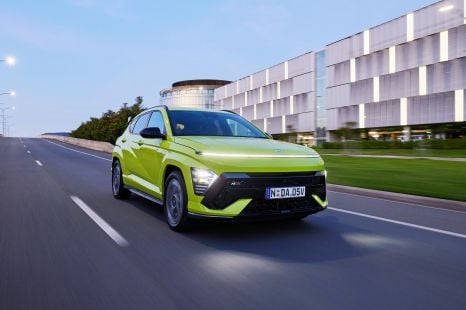

Derek Fung
Hyundai design executive is sick of light bars
1 Hour Ago
Scandal-hit Hino Trucks will merge with rival Mitsubishi Fuso, and jointly develop electric and hydrogen trucks.

Journalist
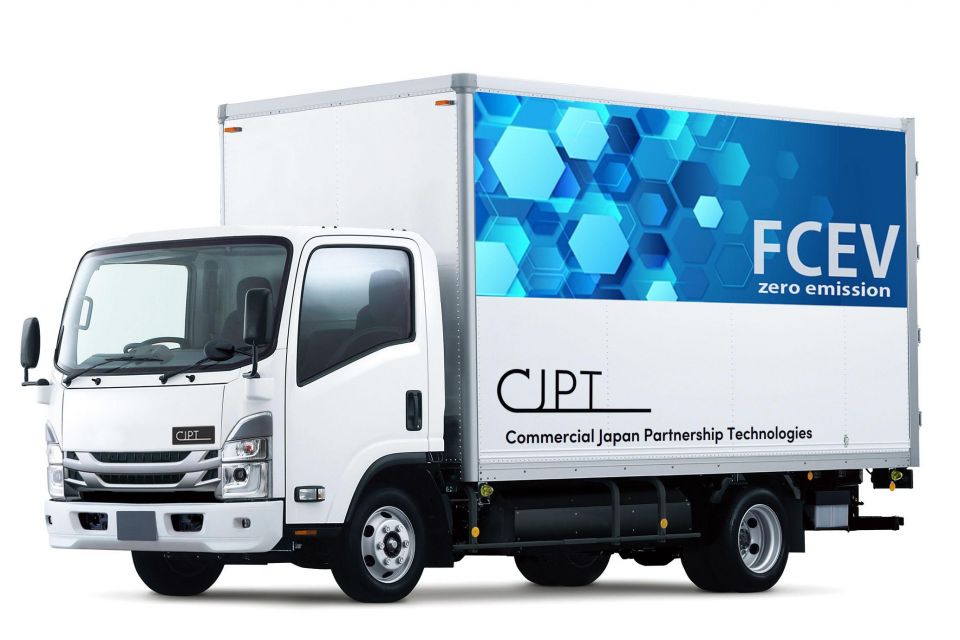

Journalist
Toyota’s Hino truck division will merge with its Japanese rival Mitsubishi Fuso, majority owned by Daimler Truck, by the end of 2024.
As part of the memorandum, Toyota and Daimler Truck are looking to set up a holding company to house both Hino and Mitsubishi Fuso, where both Toyota and Daimler will “equally invest” and the two brands will have an “equal footing”.
We don’t know if it will be a 50/50 share split, though, because while Toyota currently owns 100 per cent of Hino, Daimler Truck has an 89 per cent stake in Fuso, with the remaining 11 per cent owned by members of the Mitsubishi group.
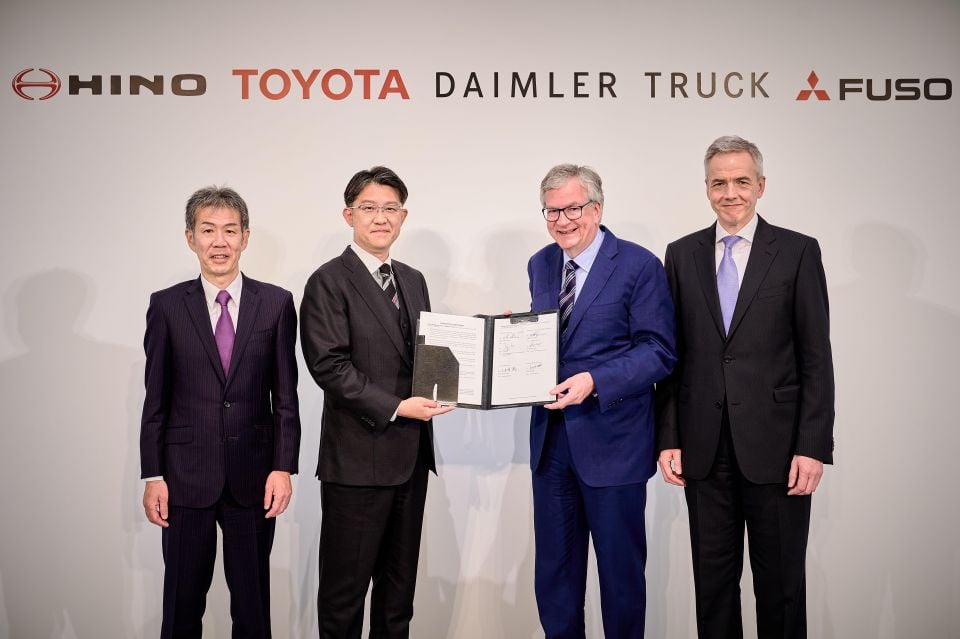
At the press conference attended by Reuters in Tokyo, Martin Daum, CEO of Daimler Truck, explained why he thought the merger was essential: “We are accelerating towards zero emissions, but there is one major challenge and this is the required funding. There is only one way to make this parallel tech development work: economies of scale.”
He sees hydrogen fuel as the “future” and noted it was the way forward to carbon neutrality.
In a statement issued by all four companies, Daimler Truck and Toyota said the truck makers will work together on the “development of hydrogen and other CASE [Connected, Autonomous and Automated, Shared, Electric] technologies”.
Daum also said the Hino and Fuso brands would maintain separate sales channels globally, while working together on development, procurement and production.
South-East Asia is expected to be the combined truck maker’s major focus.
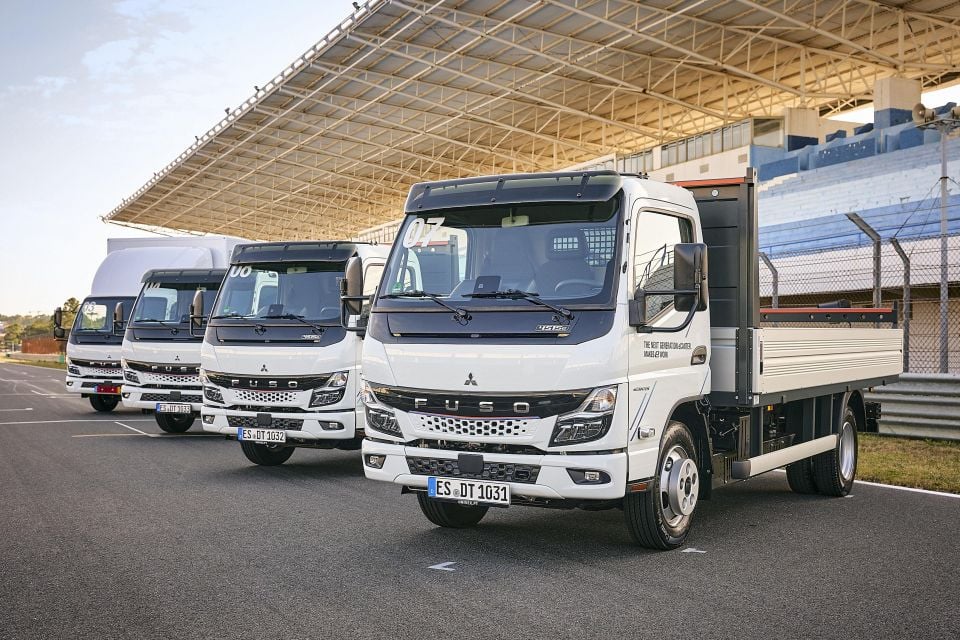
Hino has been on the look out for clean technology partners since August 2022 when it was kicked out of an EV and fuel cell consortium, known as Commercial Japan Partnership Technologies Corporation (CJPTC) also containing Toyota and Isuzu.
Toyota and Isuzu expelled Hino after a Toyota-commissioned investigation found Hino had been falsifying engine emissions data since 2003.
Four Hino executives were fired. CEO Satoshi Ogiso managed to hold on to his role, although he forfeited half of his pay for six months.
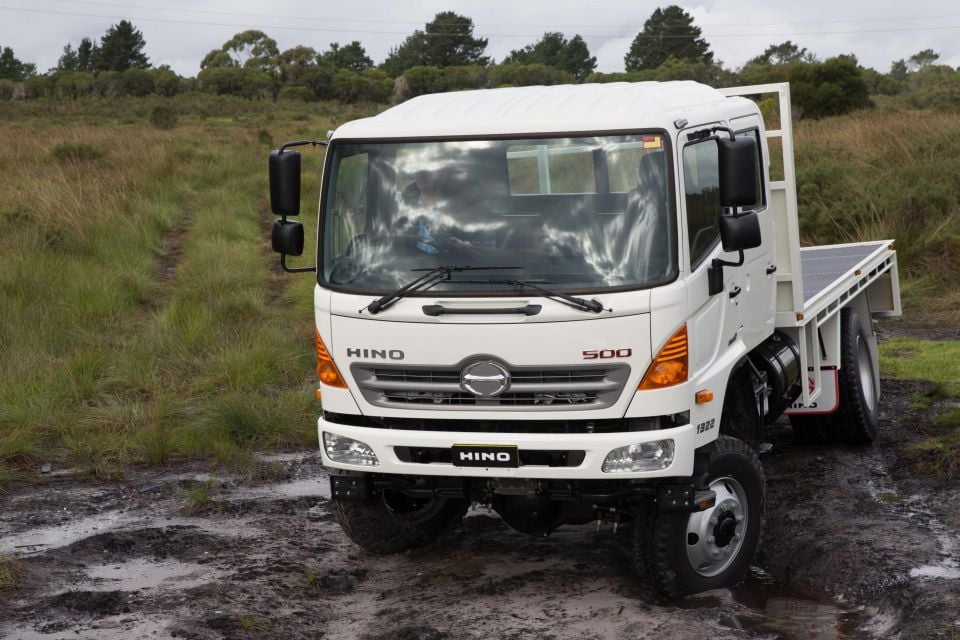
According to the Japanese and German firms: “Details on the scope and nature of the collaboration including the name, location, shareholding ratio and corporate structure of the new holding company will be decided over the course of the next 18 months.”
Toyota and Daimler are hoping to have a definitive agreement in place by the first quarter of 2024, with the transaction being completed by the end of that year.
Hino was founded in 1942, making, amongst other things, armoured personnel carriers. After the war, the company concentrated on trucks, buses and heavy-duty diesel engines. In 1953, Hino began making cars, first with Renaults under licence before shifting to its own vehicles.
Car production stopped not long after Hino formed an alliance with Toyota in 1967. Hino became a wholly owned subsidiary of Toyota in 2001.
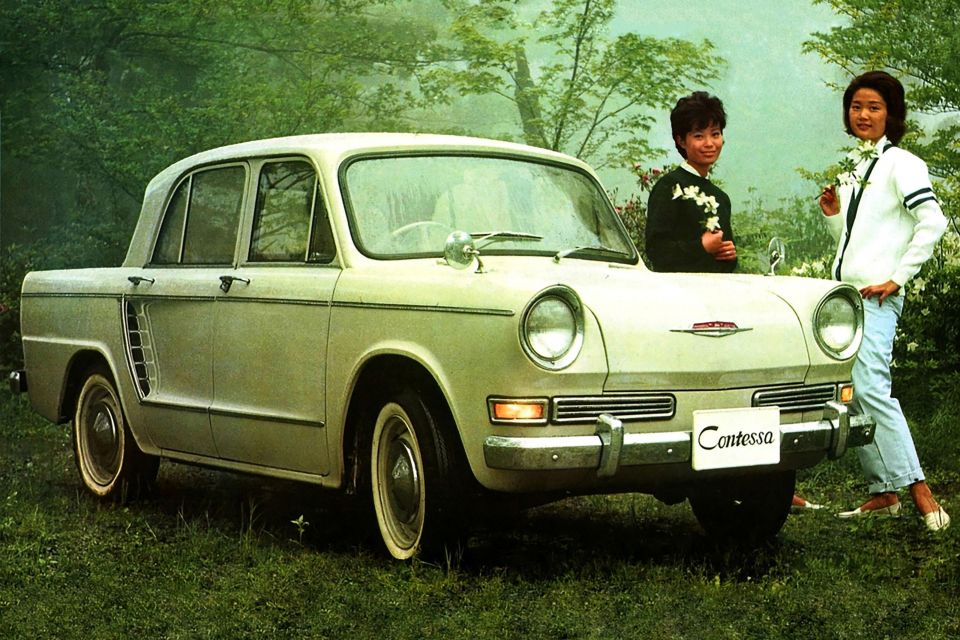
Mitsubishi Fuso’s history is a lot more complicated, but dates back to 1932 when the Mitsubishi shipbuilding firm began producing its first bus, known as Fuso. Over time Mitsubishi’s car, bus and truck making operations became part of Mitsubishi Heavy Industries before being housed in Mitsubishi Motor Corporation (MMC) in 1970.
A year later, Chrysler bought a 15 per cent stake in MMC, a partnership which would last until 1993. A short-lived affair with Volvo began in 1999, centred around the Swedish car and truck maker’s interest in Fuso.
Just a year later, Mitsubishi was brought back into Chrysler’s orbit when DaimlerChrysler purchased a controlling 34 per cent stake in MMC.
In 2003, ownership in Fuso was split three ways, with DaimlerChrysler owning 43 per cent, MMC having 42 per cent, and the remaining 11 per cent controlled by other Mitsubishi firms.
Come 2005, and MMC was forced to hand over its stake in Fuso to DaimlerChrysler as compensation for a string of recalls at the truck maker stemming from defect cover ups dating back as far as 1977.
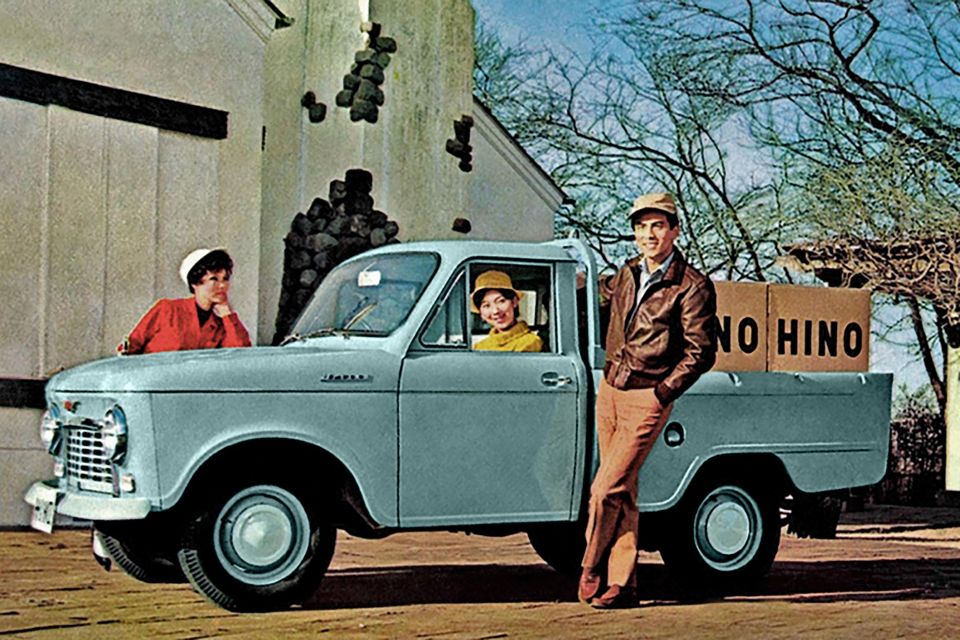
The transfer in ownership all happened at the same time as Mitsubishi Motors was struggling with high levels of debt caused by the poor state of the Japanese economy and MMC’s disastrous 0-0-0 financing offer, where the firm allowed US buyers to put 0 per cent down, pay 0 per cent interest, and have $0 monthly repayments for the first 12 months.
As a result DaimlerChrysler refused to pump further money into MMC, and saw its stake in the Japanese automaker watered down through multiple rounds of capital raising.
By the end of 2005, DaimlerChrysler sold its remaining stake in MMC, two years before selling off Chrysler to Cerberus Capital.
Derek Fung would love to tell you about his multiple degrees, but he's too busy writing up some news right now. In his spare time Derek loves chasing automotive rabbits down the hole. Based in New York, New York, Derek loves to travel and is very much a window not an aisle person.


Derek Fung
1 Hour Ago
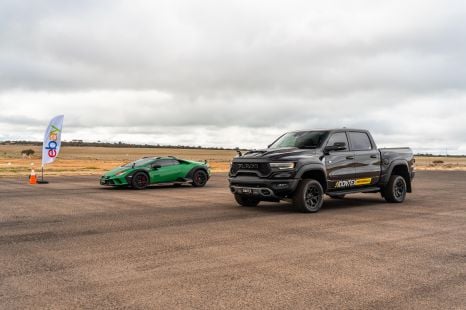

Paul Maric
8 Hours Ago
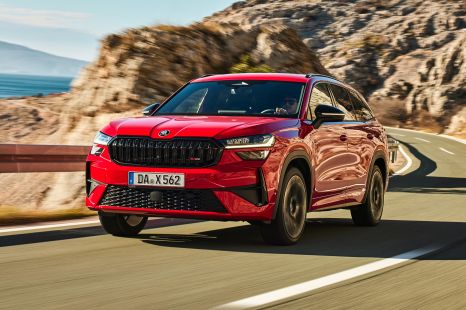

James Wong
15 Hours Ago
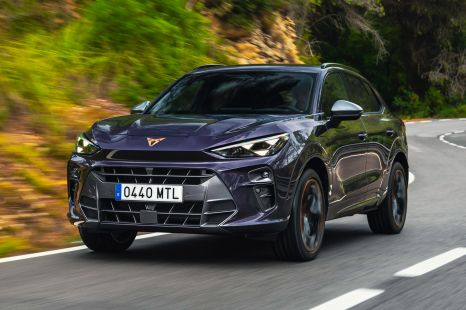

James Wong
15 Hours Ago


CarExpert.com.au
16 Hours Ago
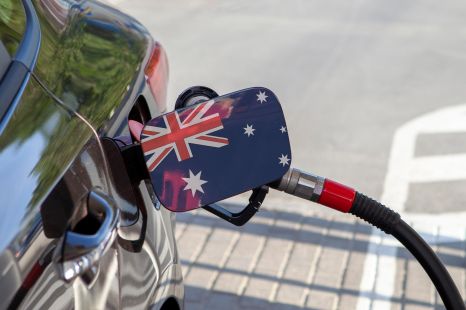

Damion Smy
17 Hours Ago